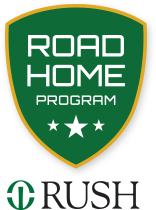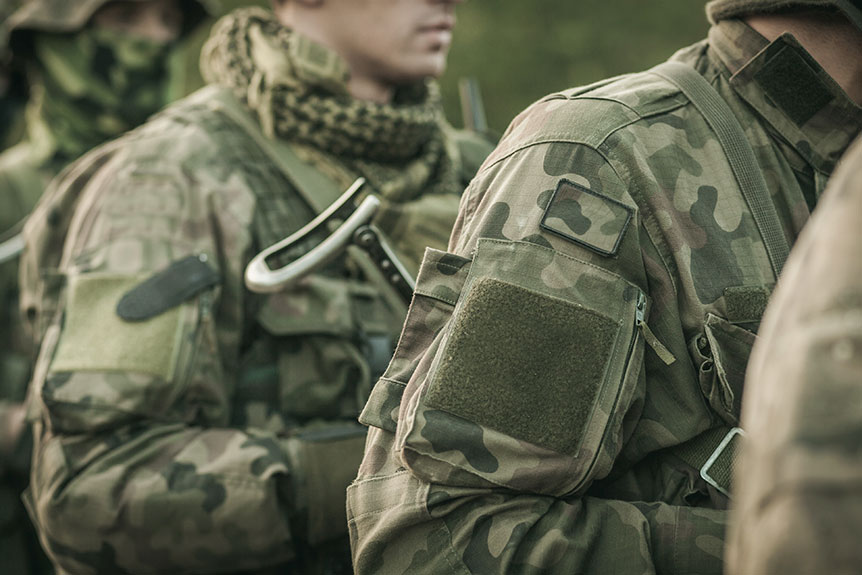June 27 is PTSD Awareness Day. It’s a time to consider what you know about Post-traumatic Stress Disorder (PTSD) and how to help yourself or someone who may be struggling.
PTSD is considered one of the many invisible wounds of war and other psychological trauma. Trauma often leads to many difficulties, including problems at home, in relationships, in school, or at work. A recent annual report published by the Wounded Warrior Project (WWP) in 2021 found nearly 75% of warriors reported experiencing PTSD. The need for PTSD awareness is as high as it has ever been. Here is what you can do to help yourself or a loved one who may be struggling with PTSD.
Know the signs and symptoms of PTSD
PTSD has many signs and symptoms to look out for. For some, PTSD could be expressed through their behavior, taking form in angry outbursts and risk-taking behaviors. For others, losing interest in doing activities that the Veteran used to enjoy, isolating and disconnecting from loved ones, and feeling strong negative emotions might be how their symptoms are predominantly expressed. For most, avoiding reminders of their trauma, talking about their trauma, and trying to shut out unpleasant memories and feelings related to their trauma may be holding them back. Looking at all the signs and symptoms of PTSD is a helpful first step to recovery.
Be honest with yourself about these symptoms and their impact
Whether you’re a Veteran or a loved one of a Veteran, being honest with yourself about what you may be noticing is important. Engaging in treatment can be difficult, with some data suggesting only about 33% of Veterans complete sufficient specialty care related to PTSD. Being honest with yourself about recognizing these signs and symptoms and the need to gain additional support is imperative to getting the care needed to recover from PTSD. Overcoming the fear of what treatment might be may be the hardest part, but you do not have to do it alone.
Engage loved ones in talking about PTSD
Social support is notably one of the most salient factors in predicting recovery from PTSD. As a Veteran, discussing your PTSD symptoms with someone supportive can be helpful, even if you don’t feel comfortable talking about the traumatic experience itself. As a loved one, being open to talking to your Veteran about their difficulties, empathizing with their pain, and actively listening to what they say can be a vital step in their recovery. Talking about PTSD and mental health helps battle the stigma that warriors need to fight the invisible wounds alone. A supportive social network can empower people to get the help that they need.
Seek professional help
The good news is PTSD is treatable with a number of evidence-based treatments that work. At the Road Home Program, our clinical staff specializes in treating PTSD through Cognitive Processing Therapy and Prolonged Exposure, two gold-standard treatments for PTSD. Veterans who complete courses of these treatments learn the skills and develop the tools to face challenges caused by their trauma head-on. If you recognize that you or a loved one needs help, call Road Home at (312) 942-8387 and we can connect you with help today!
Joel Wyatt, PhD
Psychologist
The Road Home Program: The National Center of Excellence for Veterans and Their Families at Rush
The Road Home Program, a member of the Warrior Care Network, provides mental health care and wellness to veterans of all eras, service members, and their families at no cost and regardless of discharge status. If you or a loved one needs help, call us at (312) 942-8387 (VETS) or fill out the Get Care form.

